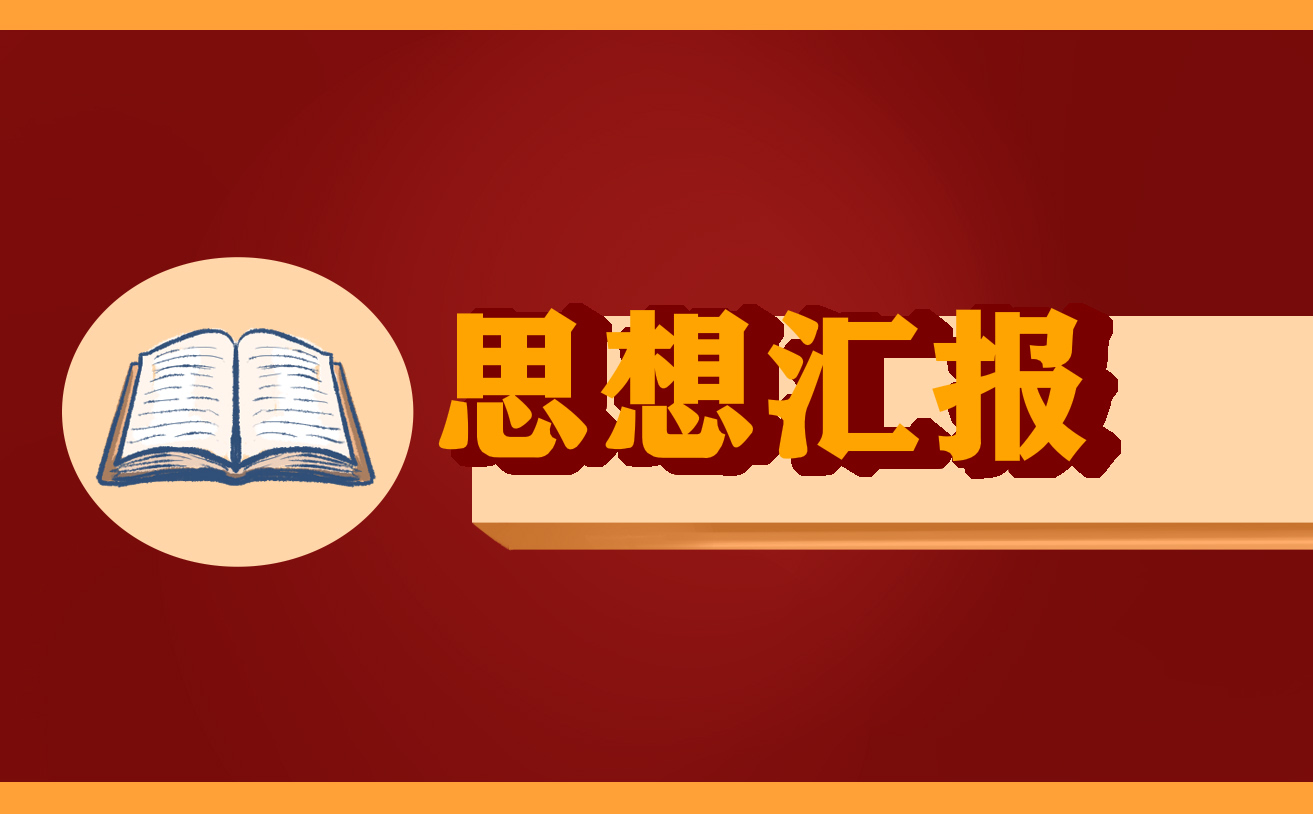世界各地国与国、民族与民族之间由于风俗习惯和文化背景大相径庭,差距甚远,如果不加以沟通,必然会产生矛盾和摩擦,甚至战争。因此,只有通过交流、沟通才能达到相互理解、友好交往、和谐共处、共同进步的目的。
碰鼻礼
2002年,我刚开始练口语时,很想找外国人交流,哪怕和外国人相互听懂一两句话,简直像炎热夏天喝凉茶那般舒心和快乐。因此,每当星期天上午,一早就赶到杭州六公园外语角“解馋”。那天也特别,就是见不到外国人,直到11点,有一对笑容可掬的外国中年夫妇,从湖边过来,我立即抢上前去,相互礼节性交谈后,便问:你们是哪个国家来的?回答是新西兰。新西兰,我暗喜自己刚看过杂志上的一篇报道,接着问道:
“你们住在新西兰南岛还是北岛?”
“北岛,住在罗图鲁阿。”
“嗬!这可是个著名的风景名胜区,有‘彩虹泉农庄’,有数以千计的间歇泉、喷气孔、沸腾泥塘等地热景观和维芒谷火山奇景。”
那女士一听我对他们的家乡了解如此详细,好似万里迢迢见到了老乡,便问我:
“Have you ever been to Rotorua?”(你去过罗图鲁阿?)
“没有,我是从杂志上看到的。毛利人有种碰鼻礼的风俗,是吗?”
“是的。”说着,她伸过头来,把手搭在我的肩上,真的要向我行碰鼻礼了,这突如其来的举动,使我因而紧张起来。不过,我还是马上镇定了情绪,告诫自己,眼前这是与外国少数民族交流,可马虎不得,于是毕恭毕敬、十分友善地也伸过头去,与毛利人对准鼻子行碰鼻礼。可周围的人全不知毛利人的习俗,顿时哈哈大笑起来,这笑声使我尴尬极了,从杭州人的习俗来看此举的确不雅。当第二次她伸过头来再要和我行碰鼻礼时,我屈从周围人的无知而只好作罢。
不过,我从对话中得知,他们在会见外来客人时,不握手、不鼓掌、不拥抱、不接吻,而是行碰鼻礼,他们认为人的灵气在头部,通过突出的鼻子可以与别人心灵沟通。碰一下鼻子,表示相互通灵通神;碰两下,表示同呼吸共生存;碰三下,情谊越深。这使我想起了我国古书上记载鼻针一事。鼻针是我国针灸医学中的一脉,中医认为鼻在人体中占有很重要的位置,为人之本始也。难怪古人尊之为“鼻祖”,这同毛利人对鼻的认识有相似之处。
餐桌上的尴尬
浙江科技学院美籍教师格伦先生很热爱中国太极拳,托人找太极拳老师,而我很想找个外籍英语老师做朋友。我们终于在外语角相识了,并商定每周六与周日在孤山空地上由我教他太极拳,他也有计划地教我学英语,就这样彼此亲近了起来。
有个星期日,我约格伦夫妇来我家做客,热情、直率的格伦当即答应并于当日下午2时半就来到我家。我家招待外国朋友是头一回,心中无底,生怕闹出笑话和误会。现在客人已登门,来不及打听这方面的知识,只好见机行事了。我先请他们到客厅喝茶,拿了两本旅游杂志给他们消遣,我和妻子便进厨房准备饭菜。
下午5点半开始吃晚饭,第一道菜是清汤黄鱼,格伦夫妇不断地赞美“鲜、鲜、鲜”。第二道菜是虾蛄,这肥鲜的虾蛄,每只约15厘米长,因它第二对胸肢长得像长柄的钳子,背似“盔甲”,形如螳螂,故又名螳螂虾。格伦夫妇来自美国中部科罗拉多州,那里多高山与峡谷,从未见过此物,便诧异地问道:
“What is this?”(这是什么?)
“It is Shrimp.”(这是虾。)
正当我考虑介绍如何吃法时,格伦已夹了一只塞进嘴里,刺得他哇哇叫痛,惹得大家哈哈大笑。我立即向他道歉,并边介绍边示范怎么剥壳蘸醋吃,这才使他们生平第一次尝到虾蛄的美味。第三道菜是每人一小碗汤圆,馅是芝麻,有点香甜。格伦又问:
“What is this?”(这是什么?)
“It is dumpling.”(这是汤圆。)
因为英语中汤圆与水饺是同一词,得进一步说明原料和制作方法的不同才能区别汤圆和水饺。格伦先生以前虽吃过一次水饺,但印象不深,误认为这也是水饺,便往汤圆里加醋,弄得我连声道歉。□
When I meet Foreigners in Hangzhou
By Jiang Zhou
Communication is the only effective way to bridge the differences between different nations and peoples. Only through communication can people have friendly exchanges, harmonious coexistence and shared progress. I have this understanding from my meeting with foreigners in Hangzhou. The following two anecdotes partly explain where this understanding came from.
Nose-touching greeting
It was a Sunday morning at the English Corner at the Sixth Park on the West Lake in 2002. Around 11 o’clock, I spotted a middle-aged couple loitering along the lake and rushed over. After some small talk, I asked where they came from. New Zealand. The conversation began and went on smoothly. Somewhere in the conversation, I asked whether the Maori people indeed greeted each other by touching noses. She said yes and she put her head forward and put her hand on my shoulder. I understood she wanted to touch nose with me. The unexpected gesture made me nervous for a second. But I told myself calm down. I was in a cultural exchange moment with a foreigner who might be a Maori. So reverently and friendly, I put my head forward. Our noses touched. People burst into laughing, without any idea that it was a Maori greeting. I felt a bit awkward too, because the nose-touching looked somewhat indecent in the eye of local residents. So when she put her nose up for the second touching, I stepped back, hoping she wouldn’t see the awkwardness in my smile.
We went on to chat about the Hongi, the Maori word for this greeting. We Chinese have a similar respect to nose. In traditional Chinese medicine, nose is considered the starting part of life. And ancient Chinese coined a phrase and included the word nose in it describing the founding person or ancestor of a practice.
An embarrassing dinner
Glen, a teacher at Zhejiang University of Science and Technology, wanted to find a teacher of Taiji boxing. I wanted to study English under the guidance of a foreigner. Glen and I met at the English Corner one Sunday morning. After knowing each other better, we decided to exchange lessons.
Then one Sunday morning I invited Glen and his wife to come to dinner at my home.
The first course was yellow croaker in soup. Glen and his wife said it was delicious. The second course was mantis shrimp. The yummy creature was about 15 centimeters long, with a pair of enormous claws looking like mantis. Glen had never seen such a shrimp before, being from Colorado, a mountainous region of America. I was struggling for words to describe the proper way to eat the shrimp when Glen picked up one and put it into his mouth. Immediately the thorny part hurt his mouth. We all laughed. I apologized and found some words to explain. I said we needed to remove the shell and dip the meat in the seasoning juice before we ate it.
The third course was Tangyuan, glutinous rice balls, served in a small bowl. The rice balls were stuffed with sugar and sesame. “What’s this?” “This is dumpling.” Well, in some dictionaries, both Tangyuan and Jiaozi are called dumplings. Glen had had Jiaozi before. Mistakenly thinking it was the same thing called dumpling, he began to add some drops of vinegar to the soup. I apologized again and explained the difference. □



